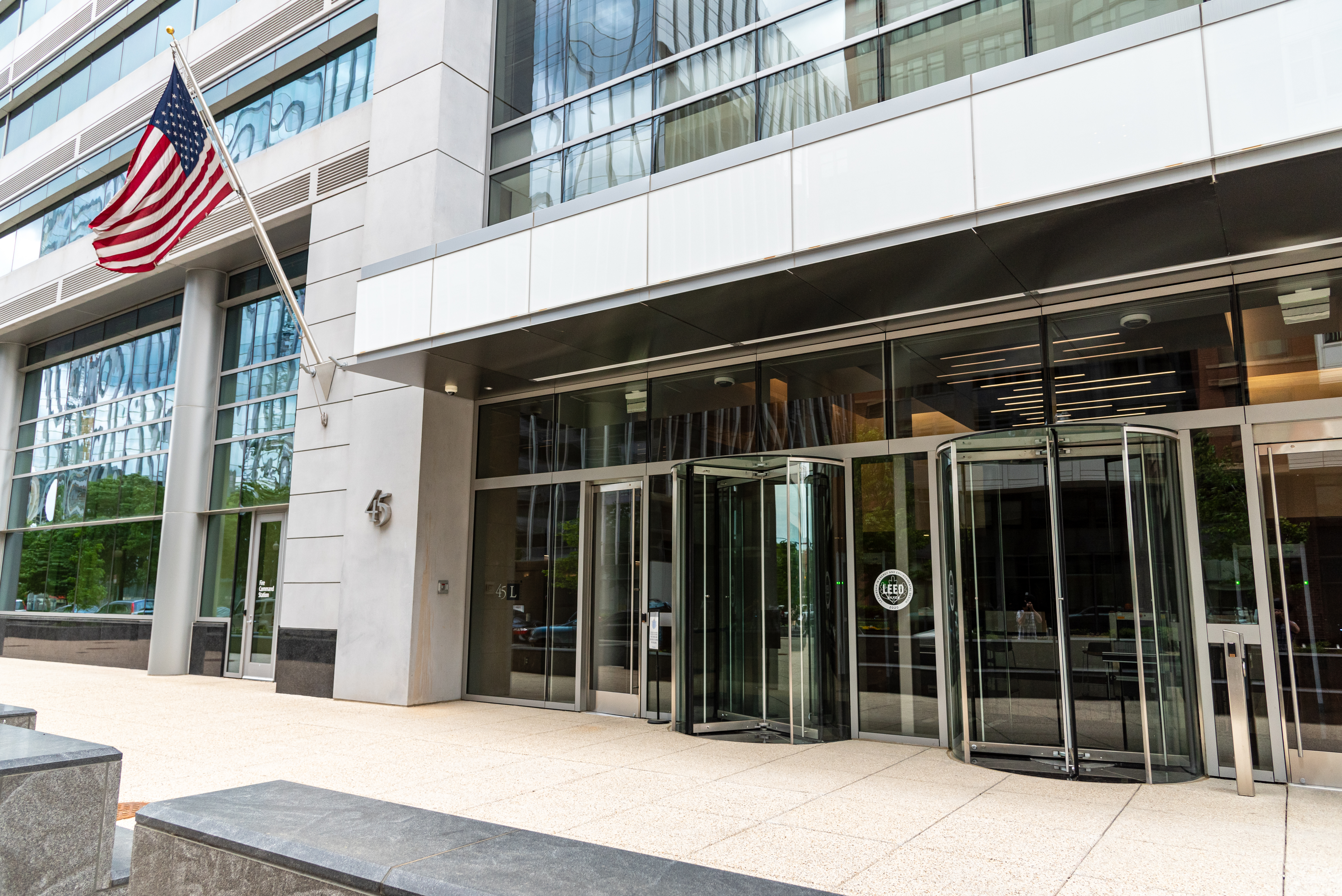Analog End Date: Lawmakers Almost Git 'er Done
The House and Senate finally agreed on a new hard date to shut down analog television signals, but it's stuck in a spending bill that Democrats would like to kill with a hammer.
The date--Feb. 17, 2009--represents a compromise between the House proposal of New Year's Eve '09 and the Senate's preference to pull the plug in April after March Madness. It's also the 46th birthday of Larry the Cable Guy. The bill, S.1932, also includes up to $1.5 billion to subsidize set-top digital-to-analog converter boxes. The subsidy would be distributed in the form of up to two $40 coupons for households that "make an affirmative request," according to a statement from Joe Barton, the Republican chairman of the House Commerce Committee. Barton started the week by high-tailing it out of George Washington University Hospital after being treated there for a heart attack he suffered Dec. 15.
He and his House colleagues passed the legislation Monday 212 to 206, with no Democrats voting for the bill because of its deep cuts to domestic programs. The Senate took it up Wednesday, by which time the name of bill had been altered from the "Deficit Reduction Act of 2005" to the "Work, Marriage, and Family Promotion Reconciliation Act of 2005." The crafty Senate Democrats were not taken in by the name change, however, and Vice President Dick Cheney had to fly in from an undisclosed location in the Middle East to cast the deciding vote. The WM&FPP Act of 2005 passed the Senate 51-50, but only after the aforementioned crafty Democrats succeeded in changing a few words in the bill, thereby forcing another House vote.
House Republicans tried to sweet talk their colleagues across the aisle into rubber-stamping the altered bill, but the minority was having none of it. Considering that every Democratic vote was a "nay" the first time around, House Minority Leader Nancy Pelosi said words to the effect of "no dice." Thus members of the House went home for Christmas, leaving the end of analog broadcast television on Larry the Cable Guy's birthday hanging in limbo until Congress reconvenes in January.
Folks outside of Washington, D.C., i.e., where most people live, were not exactly panicked about the new analog end date, considering it's the second one established by Congress. The first, Jan. 1, 2006, seemed a bit more unrealistic as it approached. However, with Congress looking for ways to create money out of thin air, auctioning off the analog broadcast spectrum to the "can you hear me now" guy was too good to pass up. Spectrum auctions, expected to raise $10 billion, would likely begin about a year before the 2009 deadline.
"We've heard rumors of that," said Sherry Banks, referring to the end of analog. Banks, who works at ITR Electronics, a TV repair shop in Indianapolis, said people ask whether or not to get their analog sets fixed. "There are so many sets out there that are analog, I don't see how they're going to do that."
John Hickey has been selling TVs for 28 years in Taunton, Mass. He's not had a boatload of curious customers. "People haven't started asking about it," he said. "Very few people depend on over-the-air TV."
James Hillis at Ezra's Home Store in Ashland Ohio, said, "People ask; we tell them there's supposed to be a deadline... but we don't know when it is because they've pushed it back so many times."
Should Congress actually be able to pass the end-date bill, Dick Wiley believes this time, it will stick. An FCC chairman in the late '70s and now a senior partner at Wiley, Rein & Fielding in Washington, D.C., Wiley said ending analog will work as long as people find out what's coming. Wiley said it wouldn't hurt to start by putting labels on analog TV sets.
"I think it's an important element that let people know they're not going to work in three years," he said.
The broadcast lobby, having accepted the whole hard-date scenario, issued a smiley face over the bill because a provision allowing cable operators to alter the transmission format of broadcast signals was stripped out in conference. According to the NAB, cable operators will not be allowed to convert standard- and hi-def digital signals to an analog format at headends. Cable lobby chief Kyle McSlarrow argued that headend conversion was necessary because about two-thirds of the nation's 68 million cable subscribers have analog service, many with no set-top box. Without headend conversion, all of those households would need a digital set-top box, potentially costing the cable industry more than $1 billion.
McSlarrow responded to the Senate vote with the cable lobby's own Carl Saganism about "billions."
"The cable industry has long supported the important national public policy goal of completing the digital TV transition. After investing billions of dollars to bring the digital future to consumers, both cable operators and programmers stand ready to deliver. We'll continue to work hard to educate consumers about the transition, and to help prepare all Americans for the 2009 transition date."
David Rehr, who took the helm of the NAB in early December, issued a carefully worded response that reflected a sentiment of his predecessor Eddie Fritts-that nothing is ever final in Washington politics:
"As we look forward to 2006, NAB will work with Congress to ensure that cable operators not be permitted to block consumer access to the full benefits of digital and high-definition television."
Get the TV Tech Newsletter
The professional video industry's #1 source for news, trends and product and tech information. Sign up below.
